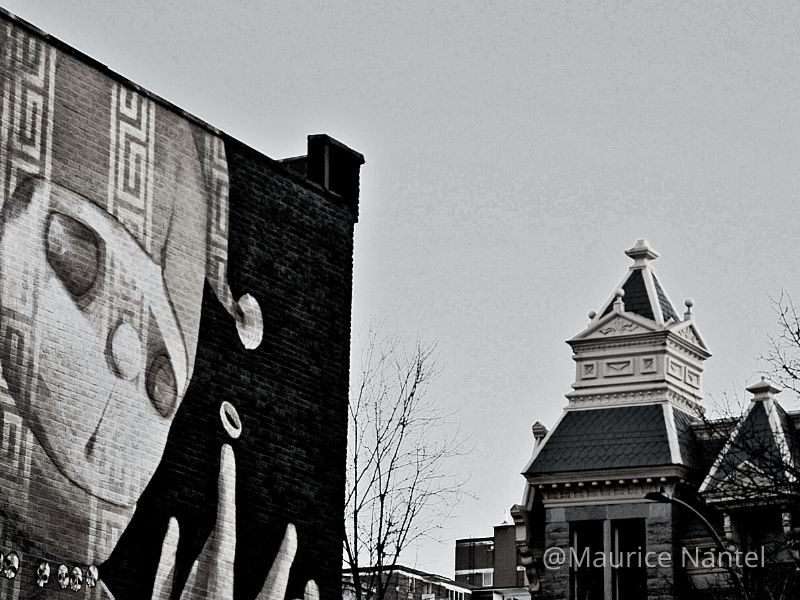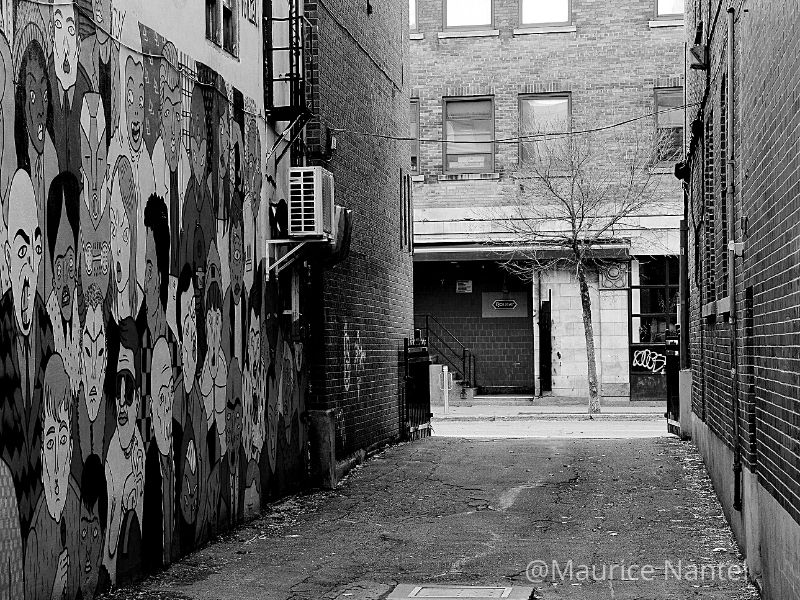
In this special France / Canada webradio show, Luc Poupart, President of the Via Capitale network, spoke alongside Julie Saucier, President of the APCIQ (Association Professionnelle des Courtiers Immobiliers du Québec) and Jean-Marc Torrollion in France, President of the FNAIM (Fédération Nationale de l’Immobilier) to shed light on real estate news during this crisis.
Questioned by Jean-Marc Welsch and Sylvain Lévy-Valensi of Radio Immo, the participants answered questions on the current situation, the deconfinement plan and the future to be expected in France and Quebec.
In Quebec, the urgency to find a new home
To overcome the confinement that has been in place in Quebec since March 24, digital tools such as electronic signatures, online forms and a virtual tour system have replaced traditional methods. Here, the concern is the large proportion of people who have to relocate quickly after committing to leave their property. Brokers favour the development of extensive communication to reassure their clients and inform them of any news. Despite this, some take steps to deal with the urgent nature of the situation and evade the rule by putting their properties on the market through non-brokerage channels. The various actors in the real estate industry are asking the Government to insist on the importance of dealing with a professional, the only way to be sure to comply with health measures. Fortunately, brokers can count on the actions put in place by the APCIQ as well as on the willingness of the population to stop the spread of the virus.
Since Quebec brokers are self-employed, and therefore accustomed to not receiving any money for several weeks, they are not yet worried about their financial situation. In addition, government assistance has been put in place to support the agencies.
In France, there have been delays in the electronic data processing of the stakeholders.
In France, commercial procedures have been suspended since 15 March.
Brokers, most of whom are employees and not self-employed as is the case in Quebec, are technically or partially unemployed. Sales in the first quarter of 2020 are on hold and arrangements will have to be made to ensure that promises can quickly be made to the notaries to pay the collaborators in this way. Unfortunately, the health crisis has revealed that many players have not yet integrated digital technology, which generates delays in the conclusion of certain cases. Brokers were already offering paperless tools and the FNAIM has just launched a free automated legal assistance platform with electronic signature. But public players such as State services and local authorities still operate exclusively on paper. As for notaries, only 40% of them are digital.
In both countries, are there any restrictions on access to mortgage credit?
What will happen to first-time buyers (first purchases) if interest rates are raised? In Quebec, we are closely monitoring what is happening at the financial institution level. For the moment, interest rates remain very advantageous and do not seem to be moving. Instead, we are talking about a possible tightening of the criteria as has been the case for the past 5 years. What is special about Quebec is that the main mortgage loan insurers are the government and the federal government. Add to that the example of our American neighbours who are allergic to interest rates, and all indications are that there will be no upheaval in this area.
In France, it is difficult to know the evolution of real estate values since the market is suspended. However, it is important to put oneself in the place of the banks: their main concern is whether they are secure about the value they will finance. Interest rates have risen slightly, but the Government is careful that the construction industry does not find itself in trouble because buyers are no longer financed by banks.
Buying or renting: which is more advantageous?
In Montreal, the first quarter reached record prices. We can expect post-confinement regulating, but not much of a drop. Economists predict a 30% decrease in sales by the end of 2020 with an average price decrease of 3% but are projecting a 9% price increase as early as 2021. We must also be careful not to compare too much with the 2019 figures, because 2019 is still an exceptional year.
For rentals, we see many long term offers appearing in recent days, the result of the return to the market of all the Airbnb properties. But prices remain very high as we are in a housing crisis that dates back to before the pandemic: it is more worthwhile for individuals to buy than to rent.
For France, we remember the economic crisis of 2008, which led to a 25% drop in volume and in the following year a 9% fall in prices that gradually recovered. However, 2019 was also a record year so if we lose 30% of sales we would also return to normal levels.
On the rental side, the government policy to sustain the income of all French people allows tenants to continue to pay their rent. For investors, those who have chosen Airbnb or offices are likely to be heavily impacted while those who have maintained their property in the family home will come out stronger. We can then expect that when the confinement is lifted, rental investment will be more prized for its security aspect.
Will real estate businesses survive?
By 2020, the disappearance of more than 3,000 companies in the real estate sector in France is quite conceivable. At the FNAIM, 36% of members making pure transactions had only 30 days of cash in front of them. In spite of government measures sheltering them from charges, the time lag between the recommencement of activity, the completion of the work and the collection of fees will be enough to see companies disappear. We are talking about 20,000 jobs destroyed.
In Quebec, it is more difficult to give a figure since we are talking about self-employed workers. The APCIQ, which represents 90% of the brokers in Quebec or 12,500 brokers, evokes a loss of 4% during the economic crisis of 2008. In the current context, we can estimate a loss of 4% to 12% depending on the duration of the crisis. It is very likely that the people who will find themselves in difficulty were already in difficulty before confinement.
Thanks to this exchange, we can see that the main differences between the two countries come from the fact that in Quebec the real estate profession speaks with a single voice, without opposition between the broker and the agency. This allows for unity with respect to public agencies and consumer protection, which gives optimism about how to manage the recovery. The links between the different players are strengthened, and the new tools that have emerged are likely to remain.
In France, the FNAIM is very much listened to by the public authorities. The professional unions have never been as useful as they are today, which makes it possible to become aware of their usefulness and their commitment.
Do not hesitate to contact your broker if you have any concerns or questions.
We cannot meet with you, but we are at the other end of the line… 514.597.2121




0 Comments